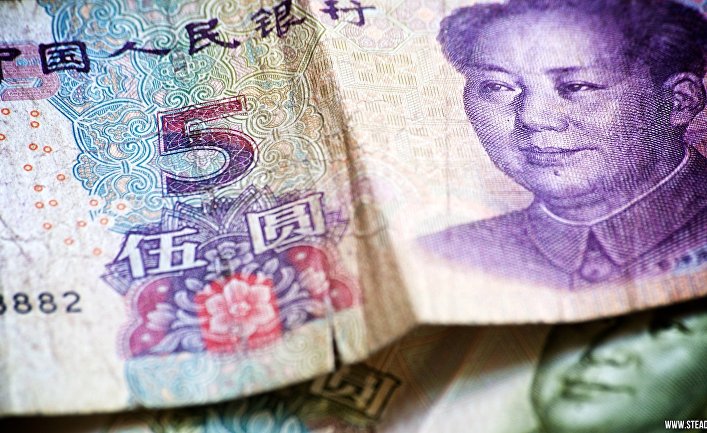The People’s Bank of China (PBC) announced devaluation of the Chinese yuan on Tuesday. The PBC said in a statement on its official website that starting from Tuesday, the central bank will begin to set the yuan's central parity rate against the greenback based on market-based quotes and the previous trading day's closing level to better reflect market forces. As a result, the central bank adjusted the yuan's central parity rate at close to 6.2298 per dollar on Tuesday, the rate is about 6.3306 today.
The devaluation of Chinese yuan caused high attention from the US. The reform of RMB exchange rate, the US-China trade deficit and other related subjects were widely discussed.
Regarding the fall of RMB, The US Treasury Department said on Tuesday that it is too early to assess the comprehensive effect of the move, but the change of the policy announced by PBC is a step towards the marketization of RMB exchange rate.
The statement also said the United States will pay close attention to the implementation of the new policy, and continue to push forward the reform of market-based exchange rate of the Chinese currency, including urge China to take more measures to promote the marketization of exchange rate and transformation of the economic growth which relies more on the domestic need.
The Spokesperson of PBC explained on Tuesday that the formation of RMB exchange rate will head towards a market-based direction in the future, the market supply and demand will play the key role in the exchange rate.
Some American experts point out that amid the US presidential election season, some politicians use the fall of yuan’s central parity rate to catch eyes or seize upon to some cliché such as accusing China of manipulating the exchange rate to achieve competitive advantage.
Regarding this accusation, the spokesperson of China's Commerce Ministry responded in December last year, China has no intention and it is not necessary for China to manipulate the exchange rate to achieve some advantages in trade. The accusations from some American individuals are "very unreliable". The exchange rate is not the main factor that caused the imbalance between Sino-US trade.
In April of this year, the US Treasury Department released a report targeted major trade partners about world economy and exchange rate policy. In this report, the Treasury Department thinks the US’s major trade partners, including China, are not manipulating the exchange rate to gain unfair trade advantage, in the meantime, the US also urge China to further enhance the role of market in the formation of its exchange rate.
Eswar Prasad, a professor from Cornell University argues that the US has no ground to accuse China of being flexible in their exchange rate, because both US and IMF have been appealing to China to push the marketization of exchange rate.
Many experts expressed their opinion about the future of the Chinese yuan and its influence on US-China trade.
Nicholas R. Lardy, an expert on China from The Peterson Institute for International Economics said it is uncertain whether the Chinese yuan will continue to fall. Robert Kahn, a researcher from the Council on Foreign Relations in Washington said for now, the devaluation of Chinese yuan has very little direct impact on the exports of the United States, but the future should be closely watched.
Although the US media expressed concerns that the fall of RMB might trigger a currency war, analysts estimate that ever since the mid-term of last year, the value of Chinese RMB increased by 18% compared with China’s trade partners.






